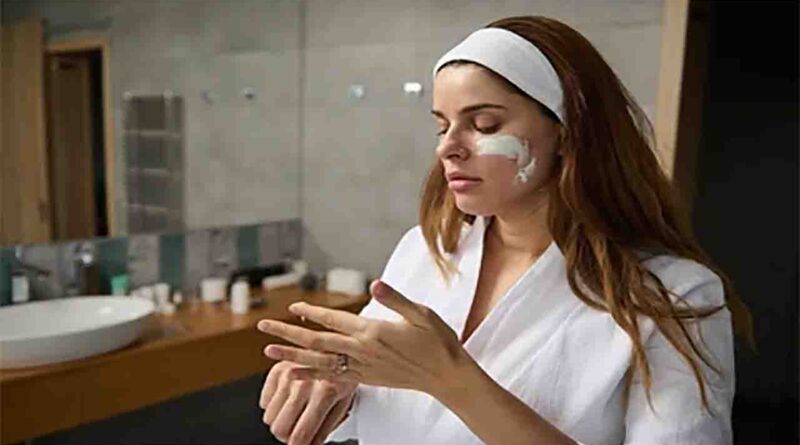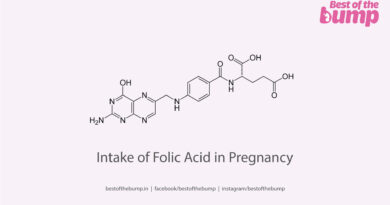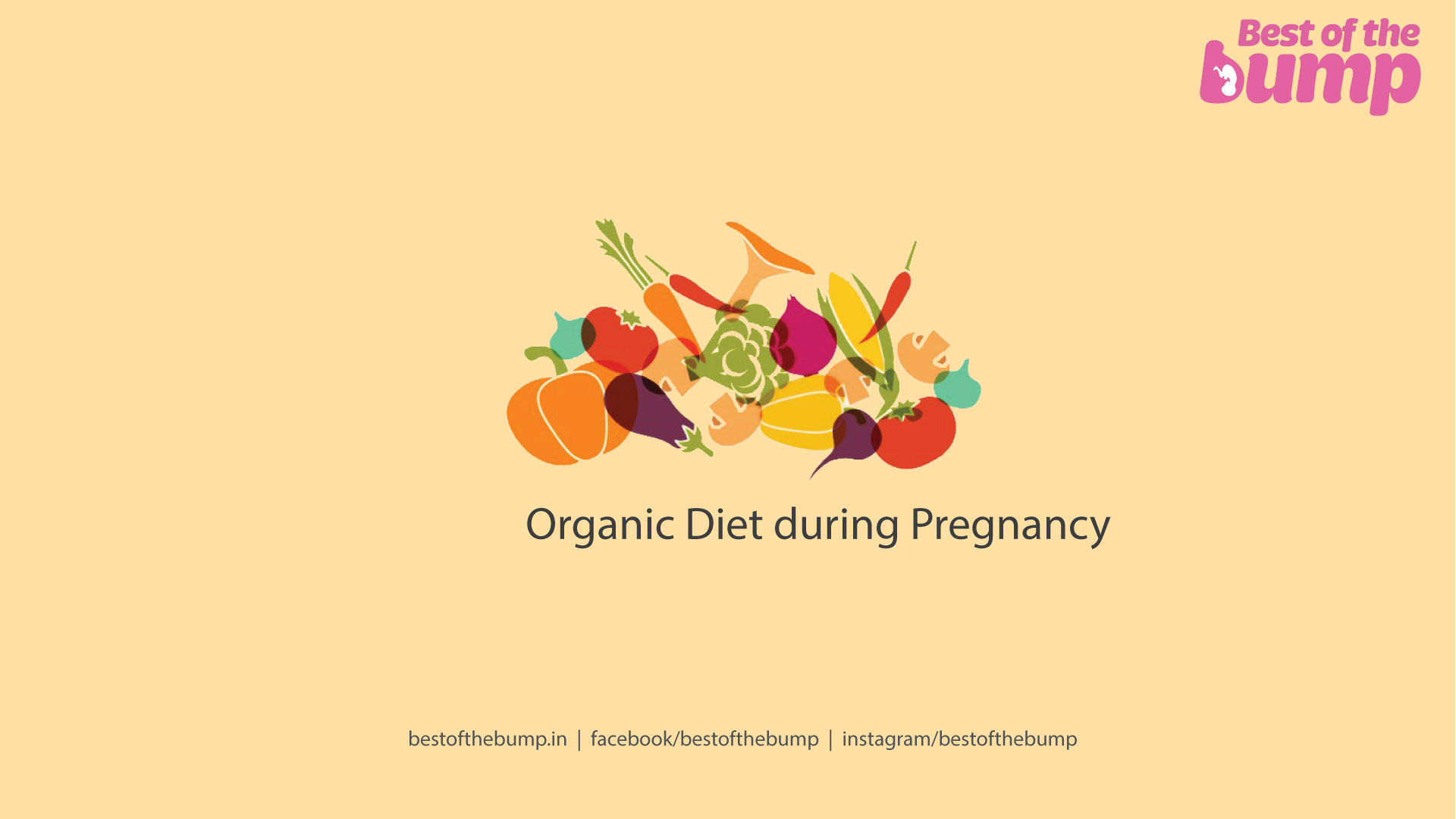Using Makeup During Pregnancy Is Safe for the Little One?
Makeup During Pregnancy – Pregnancy is a beautiful and delicate phase in a woman’s life, and it often prompts a reassessment of daily routines, including skincare and makeup choices. While many makeup products are generally safe, certain ingredients can pose potential risks to both the mother and the developing baby. In this comprehensive guide, we will delve into the world of makeup ingredients, highlighting the ones to avoid during pregnancy to ensure a safe and healthy beauty routine.
What is Makeup Ingredients: The Basics
Before we explore specific ingredients to avoid, let’s establish a foundational understanding of common makeup ingredients and their potential impact:
1. Parabens
These synthetic preservatives are commonly found in cosmetics to extend their shelf life. However, some studies suggest a potential link between parabens and hormonal disruption, making them a concern during pregnancy.
2. Phthalates
Phthalates are often used to enhance the flexibility and durability of certain products. Concerns arise due to their potential endocrine-disrupting properties, which could impact fetal development.
3. Retinoids
Retinoids, including retinol and its derivatives, are common in anti-aging products. High levels of vitamin A derivatives have been associated with birth defects, making them a category to avoid during pregnancy.
4. Salicylic Acid
While salicylic acid is a popular ingredient in skincare products for treating acne, its oral form (aspirin) is generally discouraged during pregnancy. Limited topical use is considered safe, but caution is advised.
5. Formaldehyde and Formaldehyde-Releasing Preservatives
Used as preservatives in various beauty products, formaldehyde, and its releasers have been linked to adverse health effects. Opting for formaldehyde-free alternatives is advisable during pregnancy.
6. Oxybenzone
This chemical is commonly found in sunscreens and some cosmetics. Concerns about potential hormone disruption raise caution, especially during pregnancy.
7. Fragrance
While fragrance can make products appealing, the term itself can hide a mix of potentially harmful chemicals. Opting for fragrance-free or naturally scented products is a safer choice.
8. Chemical Sunscreens
Certain chemical sunscreens, such as oxybenzone and octinoxate, have raised concerns due to potential hormonal disruption. Choosing physical (mineral) sunscreens with ingredients like zinc oxide or titanium dioxide is a safer alternative.
9. Mercury
Found in some eye makeup and skin-lightening products, mercury can pose serious risks to the developing nervous system. Pregnant women should avoid products containing mercury.
10. Lead
Lead can contaminate certain cosmetic products, especially those with bold pigments. Exposure to lead during pregnancy can harm both the mother and the developing fetus.
Makeup Products to Avoid and Safer Alternatives
1. Foundation
Avoid: Foundations containing retinoids or salicylic acid.
Choose: Mineral foundations or those labeled “pregnancy-safe.”
2. Lipsticks
Avoid: Lipsticks with lead-containing pigments.
Choose: Lead-free lipsticks and natural alternatives.
3. Blush
Avoid: Blushes with potentially harmful fragrances.
Choose: Fragrance-free or naturally scented blushes.
4. Mascara
Avoid: Mascaras containing parabens or formaldehyde releasers.
Choose: Paraben-free and formaldehyde-free mascaras.
5. Eyeliners
Avoid: Eyeliners with potentially harmful additives.
Choose: Water-based or gel eyeliners without questionable ingredients.
6. Sunscreen
Avoid: Chemical sunscreens with oxybenzone.
Choose: Mineral sunscreens with zinc oxide or titanium dioxide.
7. Nail Polish
Avoid: Nail polishes containing formaldehyde or toluene.
Choose: “3-free” or “5-free” nail polishes without harmful chemicals.
8. Concealers
Avoid: Concealers with retinoids or high levels of salicylic acid.
Choose: Pregnancy-safe concealers with minimal or safe ingredients.
9. Setting Sprays
Avoid: Setting sprays with potential hormone disruptors.
Choose: Setting sprays with minimal ingredients and no harmful additives.
10. Eyeshadows
Avoid: Eyeshadows with undisclosed fragrances or harmful additives.
Choose: Fragrance-free and naturally formulated eyeshadows.
Safety Tips for Makeup during Pregnancy| Beauty Routine:
- Read Labels: Carefully read ingredient labels on makeup products and opt for those with minimal, safe ingredients.
- Consult Your Healthcare Provider: Before using any new product, especially if uncertain about its safety, consult your healthcare provider for personalized advice.
- Choose Natural and Organic Options: Consider natural and organic makeup brands, as they often prioritize safe and non-toxic ingredients.
- Perform Patch Tests: Test new products on a small area of skin to ensure you don’t have adverse reactions, especially during pregnancy when the skin may be more sensitive.
- Stay Informed: Stay informed about emerging research on makeup ingredients and their potential effects during pregnancy.
Making Informed Choices for a Radiant Pregnancy Glow
Pregnancy is a time of joy and anticipation, and making informed choices about your beauty routine adds to the overall well-being of both you and your baby. By avoiding specific makeup ingredients with potential risks and opting for safer alternatives, you can confidently embrace a beauty routine that aligns with the health and safety of your pregnancy journey. Always prioritize transparency in ingredient labels, consult healthcare professionals when in doubt, and enjoy the radiant glow that comes with making choices that support a healthy and happy pregnancy.




